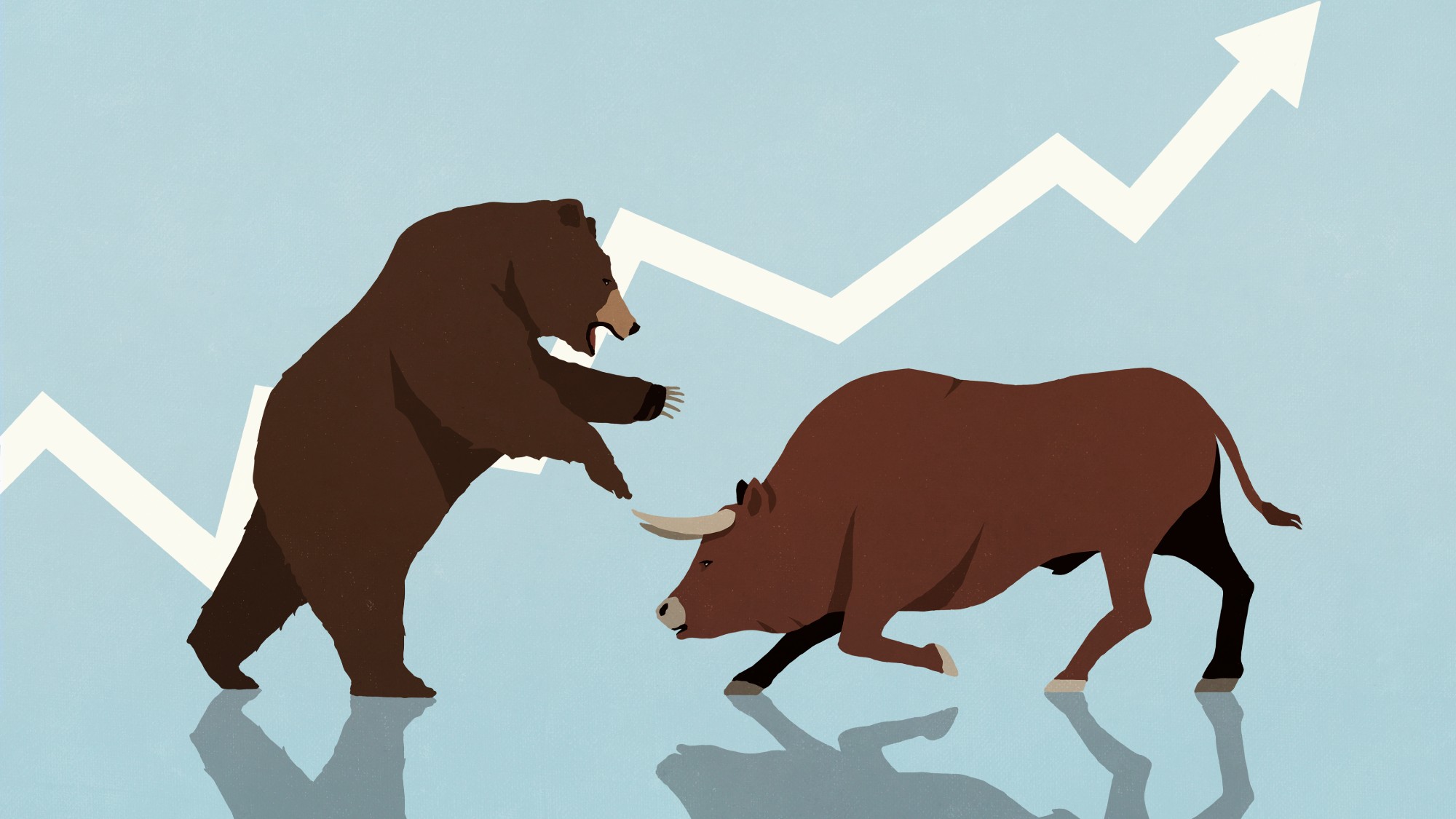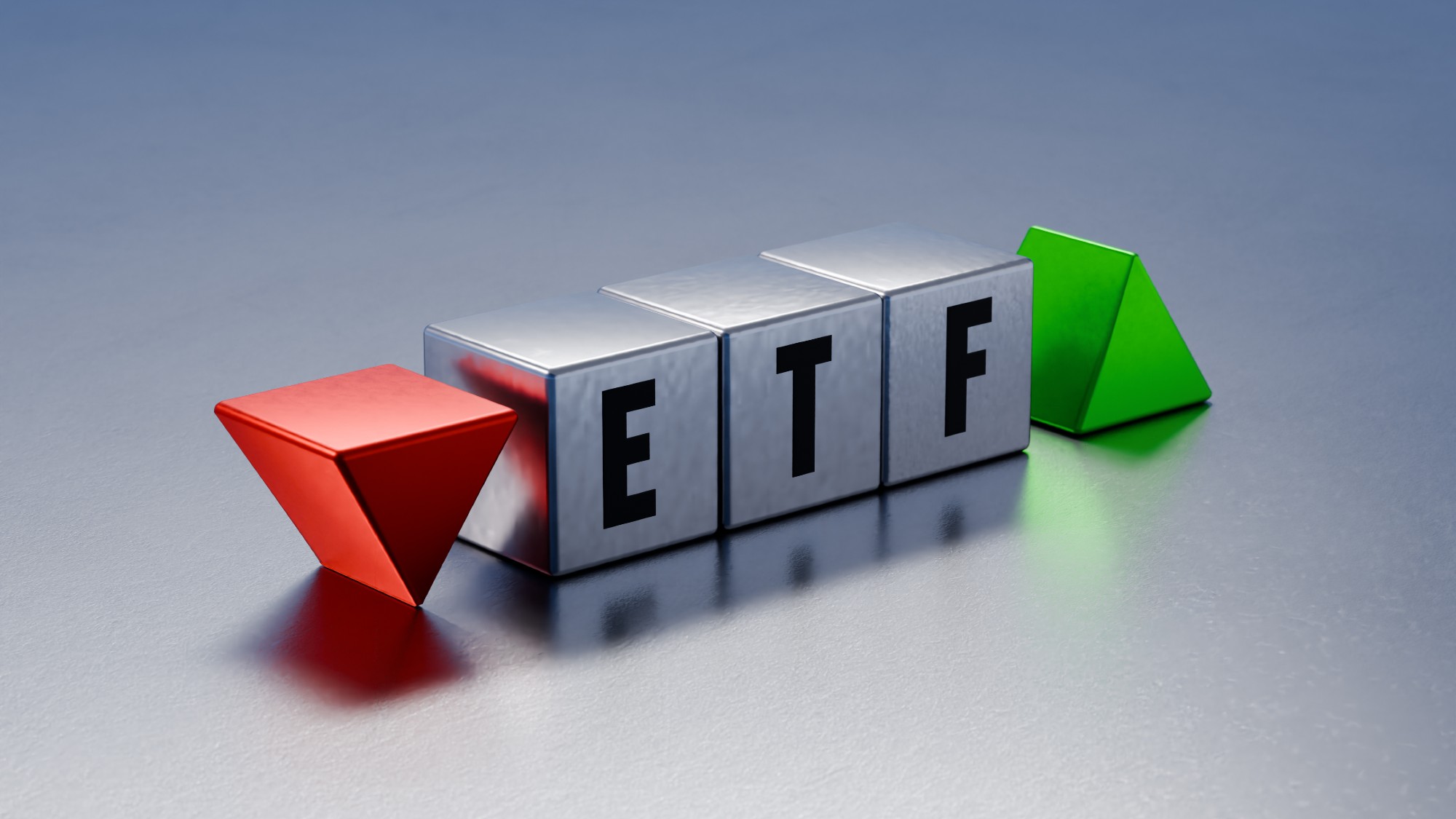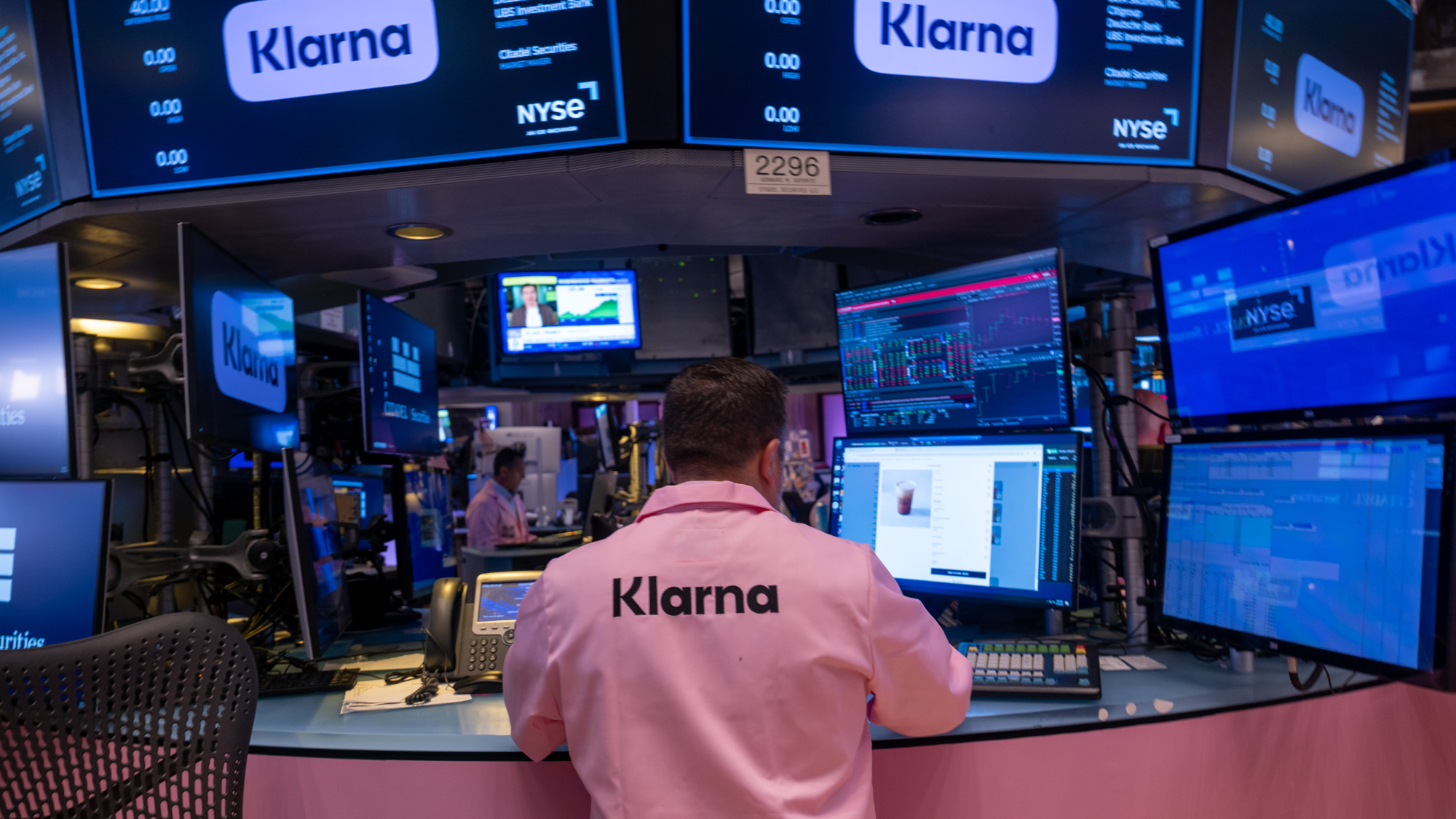Brazil: world-class investment or a hard nut to crack?
Would-be investors have been running scared, but Brazil shows signs of getting back on track

A free daily email with the biggest news stories of the day – and the best features from TheWeek.com
You are now subscribed
Your newsletter sign-up was successful
THE countdown to the World Cup party has begun in earnest, but where is mine host? Quite possibly out on a demo. The run-up to big global jamborees always encourages doomsters, but Brazil – the supposed “mecca of football” – seems a particularly reluctant host.
When it landed the tournament in 2007, 80 per cent of the population was dancing in the stands. Support has now fallen to around half, while banners proclaiming “Fifa Go Home” have multiplied on the streets. Many Brazilians have come to conflate the massive investment in the World Cup with their own falling living standards. And the anger is palpable.
The demonstrations that flared in cities across the country last year marked the biggest protest movement in a generation. The picture certainly looks very different now than in 2007, when Brazil was still basking in the afterglow of a lengthy El Dorado phase.
The Week
Escape your echo chamber. Get the facts behind the news, plus analysis from multiple perspectives.

Sign up for The Week's Free Newsletters
From our morning news briefing to a weekly Good News Newsletter, get the best of The Week delivered directly to your inbox.
From our morning news briefing to a weekly Good News Newsletter, get the best of The Week delivered directly to your inbox.
Considered among the punchiest of the fast-growing emerging Bric markets – and a pivotal player in the new “south-south” trading story opening up with China – Brazil seemed to have it all. Its coffers were bulging with the proceeds of natural resources ranging from soy to oil; it enjoyed a reasonably stable democracy, a youthful population and a fast-growing middle-class – not to mention some great companies and brands. Amid reports of a “reborn” Rio de Janeiro, vast fortunes were made from double-digit rises in Brazilian stocks. The boom had to end.
But few predicted value destruction on such a colossal scale. Figures from Brazil’s central bank suggest that some $284bn of foreign investment cash was destroyed between January 2011 and November 2013. Last year, the Brazilian stock market posted the worst yearly loss out of 20 of the world’s biggest indices. It also chalked up Latin America’s largest ever corporate default when local tycoon Eike Batista’s oil company, OGX, went spectacularly bust. Morgan Stanley put the final nail in Brazil’s coffin in September when it included the country in its “Fragile Five” list of nations deemed most vulnerable to external shocks like US tapering.
Some of the blame for the Brazil’s malaise can be pinned on the delayed effects of the financial crisis, and the ensuing commodities bust which helped slash GDP growth from over 7 per cent in 2010 to a stagnant 2 per cent.
But critics claim the boom years had the effect of masking much deeper economic flaws. Brazil has grown overly dependent on a consumer-led growth model and “the wheels are now coming off”, David Rees, an emerging markets specialist at Capital Economics, noted earlier this year. “Debt servicing is eating up an ever-increasing share of income – 20 per cent by our calculations.” State meddling, particularly in oil and gas and the financial sector, is also seen as a big obstruction to growth.
A free daily email with the biggest news stories of the day – and the best features from TheWeek.com
Some reckon that 2013 – Brazil’s annus horribilis – provided a timely wake-up call for President Dilma Rousseff and her Workers Party government. There’s certainly been a change of tack in the Rousseff camp. The President’s attendance at Davos this year (an event she has previously spurned) was taken as a sign that she now recognises the need to woo foreign investors. Recent auctions of state assets including roads and airports have also heartened free marketers.
Brazil may or may not be becoming more “market friendly”, but does that mean it’s safe for ordinary investors to return? Some urge caution. John-Paul Smith, an emerging market equities strategist at Deutsche Bank, believes there’s a risk of being sucked into a “it’s so bad, it’s good trade”, with even the slightest piece of good news acting as a trigger for investors to pile in – with the risk of more value destruction further down the line.
Others reckon that Brazil’s markets will remain spooked by uncertainty ahead of the October’s general elections. Yet despite the massive losses, sentiment remains high in some quarters. Brazil recently ranked fourth in a PwC poll of 1,344 senior executives from 68 countries, who were asked where they were most inclined to invest this year. And some money managers, noting how cheap prices look, are also beating the drum again.
If you’re interested in gaining exposure you could check out BlackRock’s Latin American Investment Trust, which is heavily-weighted towards Brazil. Be warned, the graph charting movements in recent years looks terrifying. But the fund currently trades below the value of its investments. Alternatively, if you don’t want to take a country-specific risk, but do want to benefit from cheap valuations and like the long-term “south south” story, Tom Beckett of Psigma tips Mirabaud Global Emerging Markets, which has a third of its money in China and Brazil.
Brazil could certainly benefit from a rising tide in bombed-out emerging markets, particularly given evidence that the outlook for commodities is beginning to improve again. And if it can pull-off a feelgood World Cup – and build on that in the run-up to hosting the Olympics in 2016 – it will get a much-needed confidence fillip.
For all its recent traumas, Brazil’s seductive qualities extend much further than cachaca, samba and sun. If you’re headed there for the footie, you might profitably take the opportunity to have a sniff around.
writes profiles for Money Week and is City editor of The Week.
-
 Political cartoons for February 10
Political cartoons for February 10Cartoons Tuesday's political cartoons include halftime hate, the America First Games, and Cupid's woe
-
 Why is Prince William in Saudi Arabia?
Why is Prince William in Saudi Arabia?Today’s Big Question Government requested royal visit to boost trade and ties with Middle East powerhouse, but critics balk at kingdom’s human rights record
-
 Wuthering Heights: ‘wildly fun’ reinvention of the classic novel lacks depth
Wuthering Heights: ‘wildly fun’ reinvention of the classic novel lacks depthTalking Point Emerald Fennell splits the critics with her sizzling spin on Emily Brontë’s gothic tale
-
 Received a windfall? Here is what to do next.
Received a windfall? Here is what to do next.The Explainer Avoid falling prey to ‘Sudden Wealth Syndrome’
-
 How to invest in the artificial intelligence boom
How to invest in the artificial intelligence boomThe Explainer Artificial intelligence is the biggest trend in technology, but there are fears that companies are overvalued
-
 What’s the difference between a bull market and bear market?
What’s the difference between a bull market and bear market?The Explainer How to tell if the market is soaring or slumping.
-
 Is it a good investment to buy a house?
Is it a good investment to buy a house?The Explainer Less young people are buying homes, opting to rent and invest in the stock market instead
-
 What is day trading and how risky is it?
What is day trading and how risky is it?the explainer It may be exciting, but the odds are long and the risks high
-
 What to know about investing in ETFs
What to know about investing in ETFsThe Explainer Exchange-traded funds can be a great choice for beginners
-
 Retail investors drive a flurry of IPOs
Retail investors drive a flurry of IPOsFeature After years of slowness, companies like Klarna and Gemini are reviving the IPO market
-
 Is hands-off investing the way to go?
Is hands-off investing the way to go?The Explainer In many cases, your money might be better off left alone